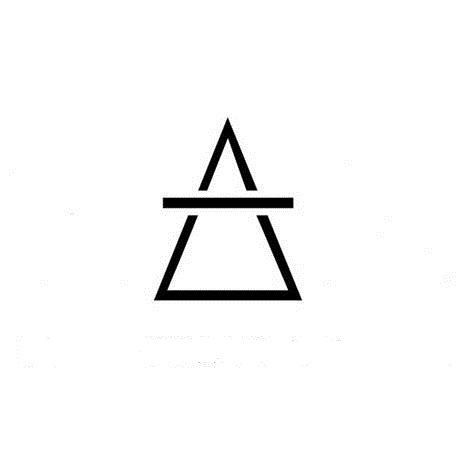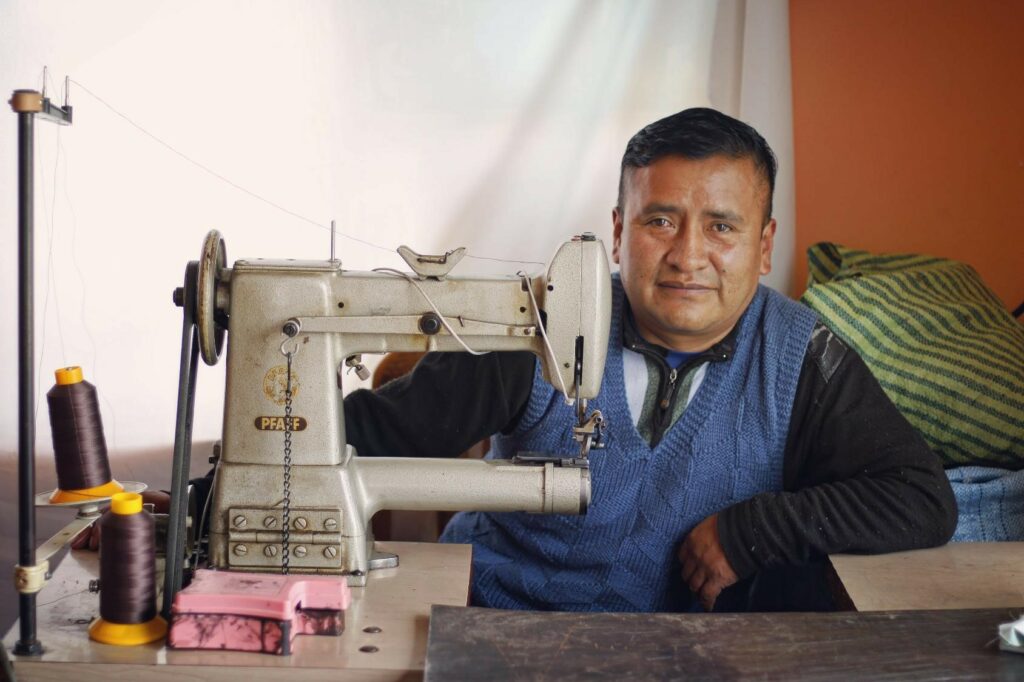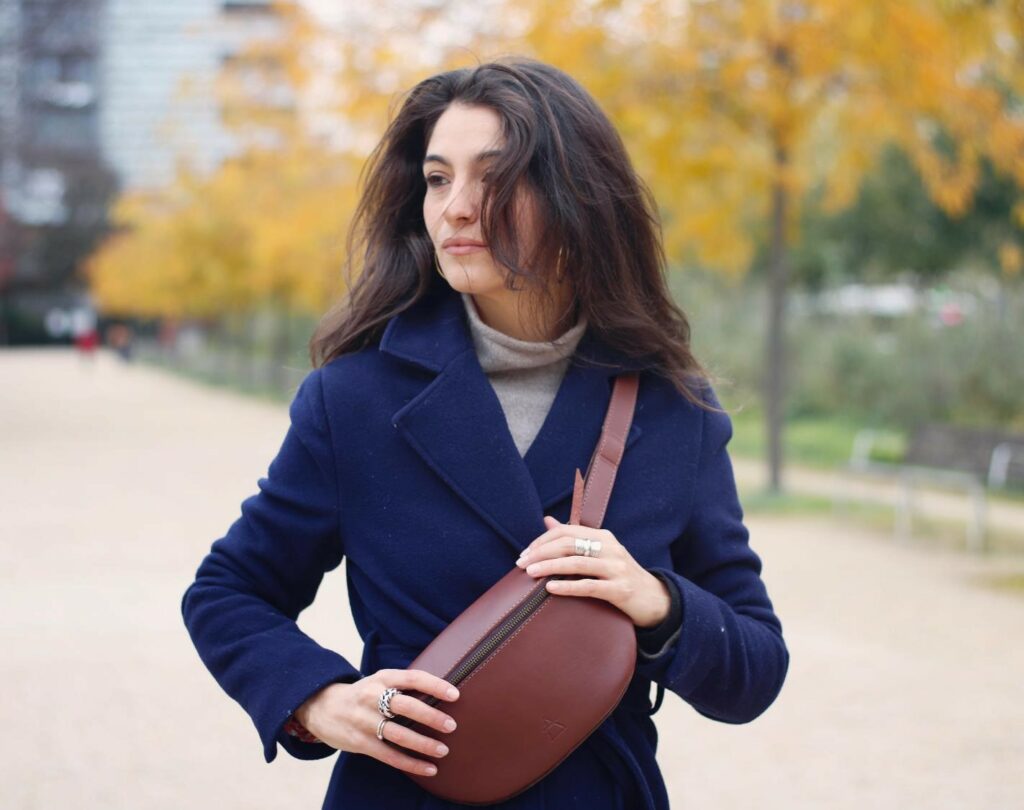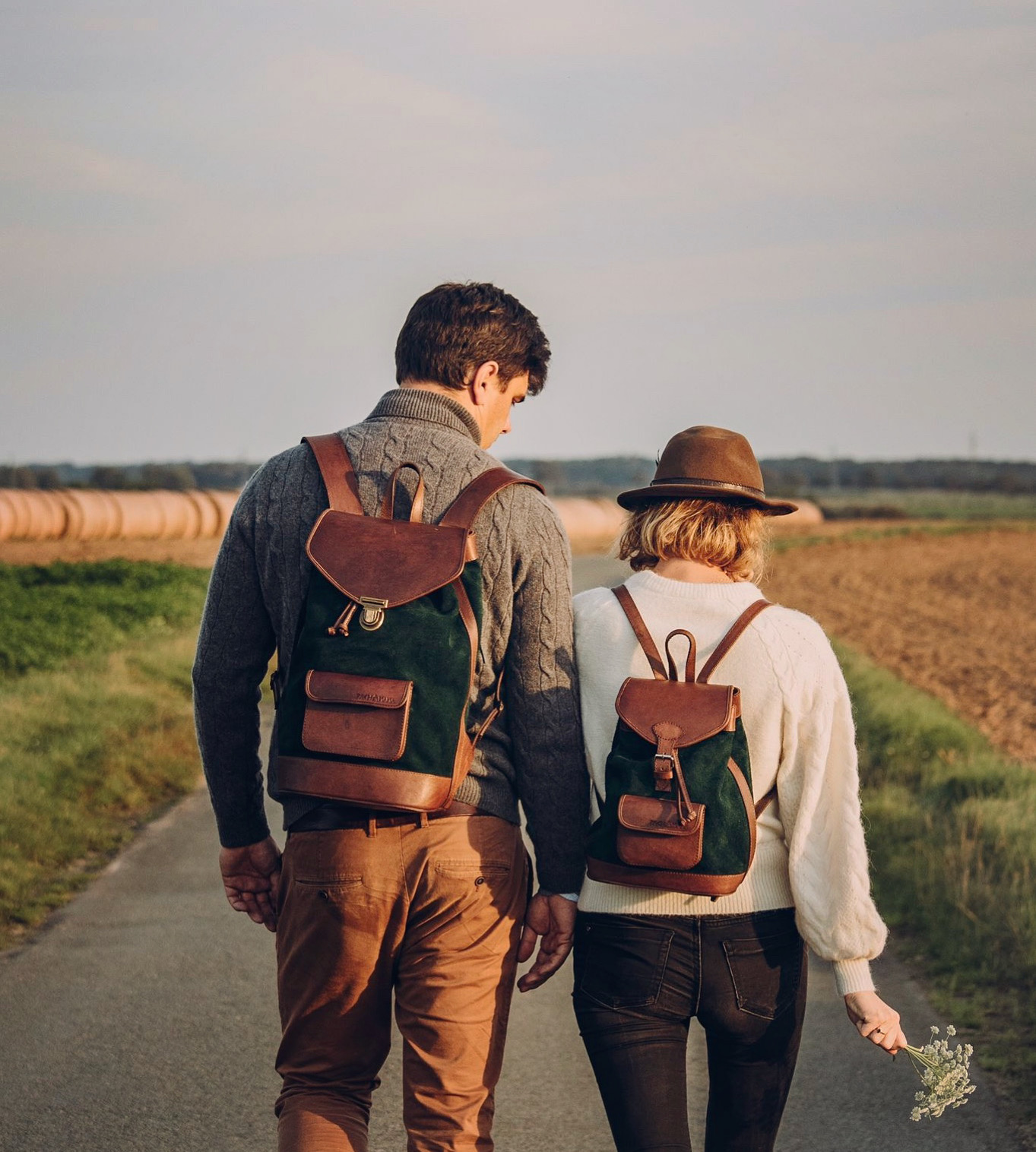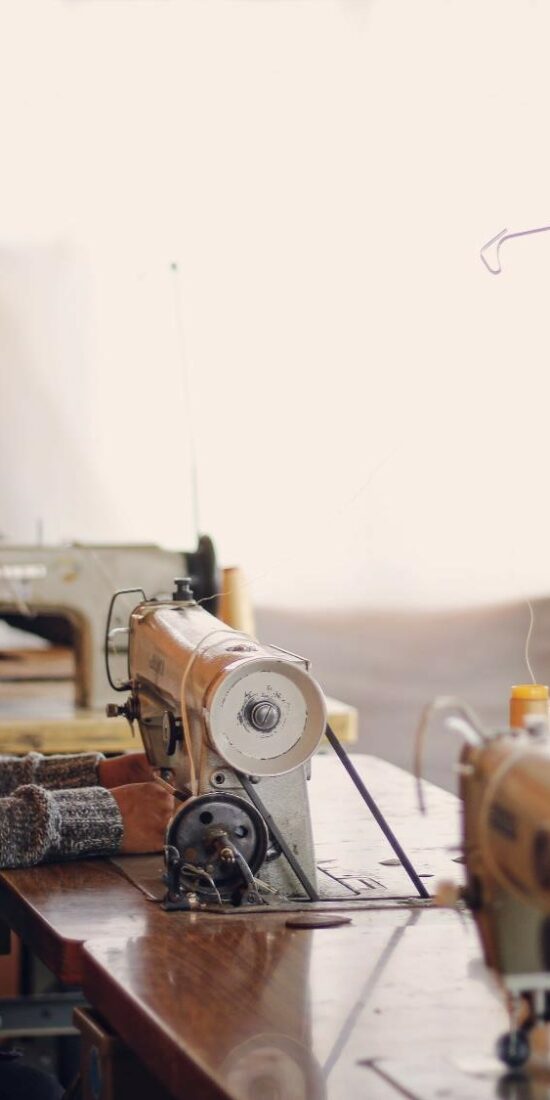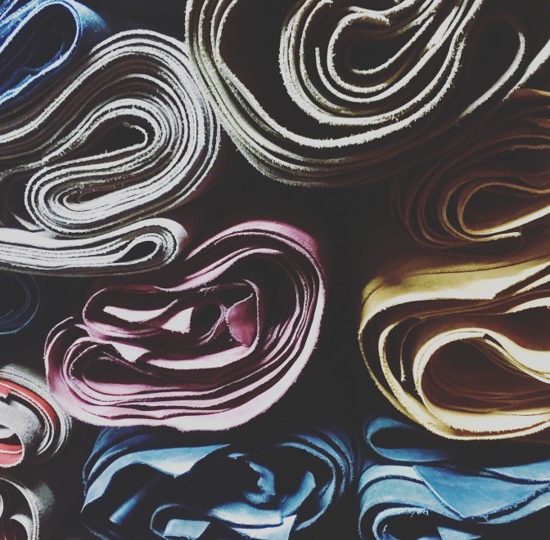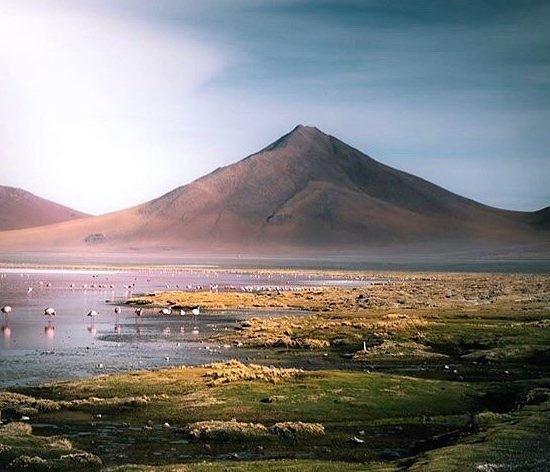

Ethical fashion
Ethical fashion is a term that we use more and more frequently in our daily lives. But what does it mean exactly? We often hear about ethical fashion, sustainable fashion, fair trade or transparency without really knowing what it is all about. For example, Pachamama is part of this movement by developing ethical backpacks.
At Pachamama, we have been trying to make ethical fashion one of the pillars of our development. So we will try to give you our definition and how we apply it on a day-to-day basis.
Ethical fashion, what is it?
Ethical fashion is a broad term that encompasses several types of responsible approaches in the clothing manufacturing process. Overall, the objective of these approaches is to have a positive social and environmental impact.
Social aspect of ethical fashion
Originellement, l’expression « mode éthique » s’inspire des principes du commerce équitable. La priorité est de tenir davantage compte des préoccupations sociales liées au bien-être des travailleurs et travailleuses dans l’industrie textile.
The term “ethical fashion” is originally based on the principles of fair trade. The priority is to take more into account the social concerns related to the well-being of workers in the textile industry.
Thus, ethical fashion consists in taking more into account the social dimension in the manufacture of clothing. Its aim is to improve the working and living conditions of workers in the textile industry.
This phenomenon became more widespread in the late 1990s. In particular, faced with the observation that brands did not always attach much importance to the conditions of manufacture of their products.
The collapse of Rana Plaza in 2013 in Bangladesh is the best example. Indeed, the collapse of this building housing many textile workers has caused many deaths. This sad event then led to an awareness of the lack of consideration given to textile workers. This drama has become the starting point of a new dynamic for ethical fashion.
Indeed, this drama has brought to light all the excesses of the Fast Fashion system. This system is characterised by an extremely rapid renewal of clothing collections. At the cost of intensive work, often with low pay and under very difficult conditions for workers.
Slow Fashion concept
Faced with this observation, a new term in relation to ethical fashion was born: the concept of slow fashion. This concept, which can be translated by responsible or sustainable fashion, responds to the desire to give more meaning to our consumption. By slowing down our pace of purchases and focusing on better quality products that will last over time. This means, in particular, creating sustainable products based on quality materials and with respect for all stakeholders.
This term of slow fashion goes beyond a simple consideration of the situation of the worker. It redefines the standards of the fashion industry in order to value the human and its know-how. It aims to improve the global ecosystem, with the ultimate goal of producing sustainable and good quality clothing and accessories.
The concept of Slow fashion is relevant because it also includes the end consumer. Its awareness of the issues associated with fashion can then be reflected in its consumer choices.
After many years of frenetic consumption, the era of impulse buying of ephemeral and replaceable objects is gradually fading. Consumer expectations and buying behaviour are changing.
This “less but better” trend results in the fact of thinking more about its consumption needs. Then rationalize its consumption by favouring quality over quantity.
The environmental component in ethical fashion
Today, the environmental impact is increasingly taken into account when purchasing a garment.
And for good reason, many media now warn us about the current excesses and the environmental impact of the textile industry. For example, the back and forth between several continents that a garment will sometimes go through before arriving in the shop next to your home.
Consumers are also more concerned about the materials used in the manufacture of clothing. For example, are raw materials natural or recycled? Or are chemicals used in the manufacturing process?
Autant de préoccupations qui participent au développement d’une mode davantage respectueuse de l’environnement. On parle alors de mode écoresponsable ou mode durable.
These concerns contribute to the development of a more environmental friendly fashion. We talk about eco-friendly or sustainable fashion.
Ethical fashion and solidarity
Nowadays, some brands go even further in the concept of ethical fashion, respectful of the environment and the human. They incorporate a solidarity dimension into their approach.
This solidarity dimension usually consists in supporting the country or region of production. This support is done either by transferring part of the profits to an association, or by participating directly in social or environmental actions.
Pachamama : ethical backpacks
Ethical backpack : social aspect
The values of respect and solidarity are fundamental in the development of Pachamama. That is why we are committed to implementing good practices to pursue our approach and to continue to manufacture ethical backpacks.
Thus, since the launch of our brand we have decided to entrust the manufacture of our backpacks to artisans working according to fair trade standards in Bolivia. For example, the newspaper “Les Echos” explain our approach and our desire to value Bolivian handicrafts.
In addition, we have established a partnership with Mission Potosi in order to give them a part of our profits. The Mission Potosi association helps disadvantaged children in Bolivia.
Ethical backpack : environnemental dimension
At Pachamama, we also work hard to build a sustainable manufacturing ecosystem and minimize our environmental impact.
Whether in the choice and origin of our raw materials, the manufacture of leather, the assembly of products or the selection of our packaging, we always try to do our best to maximize good practices.
Our project is perfectible. Nevertheless, we do our best to do things well, with respect for the artisans, all stakeholders in our project and the environment. It’s in the identity of Pachamama!
At Pachamama, we manufacture urban backpacks to carry all your belongings everyday. Find all our models in our eshop!


